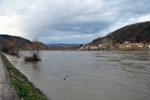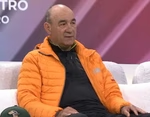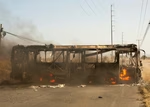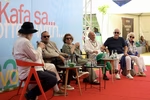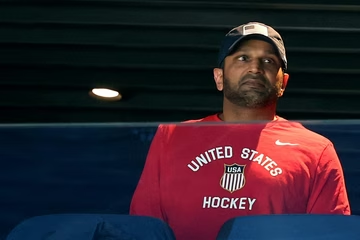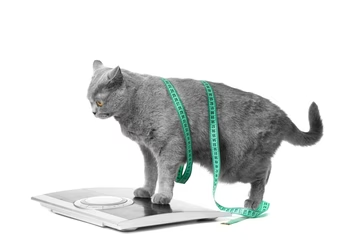
The election process in Bosnia is “undeveloped,” the last election lacked supervision and the international community failed in leading the democratic processes in the country while citizens were not sure what outcome to expect when voting for a certain party, a wartime Bosnian presidency member told N1 on Wednesday.
“If you vote for a political party, it would be good if you would know who will lead the country, who will be appointed on which positions,” Ejup Ganic, who is also the founder and Chancellor of the Sarajevo School of Science and Technology, said as he commented on the outcome of the October 7 general election.
“You cannot just tell the citizens ‘go and vote’. In the end - all the parties copy each other. Who are the players in those parties?” he said, explaining that “when a (football) manager prepares the national team, he determines who will be the goalkeeper, and who will be the forward.”
“We don’t know who they will propose for minister positions. Here, the process comes down to - we put up posters, put makeup on the people on those posters, it is an undeveloped process,” he said, adding that “there cannot be 100 parties for three million people.”
When the one-party system in Bosnia disappeared, “Bosnia did not get the software on how to build up a multiple-party system,” Ganic said.
Had people have known who will serve what position in every party, "the election results would have been different,” he said.
He also commented on the election of Zeljko Komsic as Croat member of Bosnia’s tripartite Presidency, which has been a burning issue for many Bosnian Croats who say he is not their legitimate representative.
“This is a complicated country. No politician will be applauded in every place,” he said.
Bosnia’s Presidency is composed of three members, each representing one of the three majority ethnic groups living in the country - Bosniaks, Croats and Serbs.
The country is also composed of two semi-autonomous entities, the Bosnian Serb-majority Republika Srpska (RS) and the Federation (FBiH), shared by Croats and Bosniaks. While the Serb Presidency member is elected from the RS, the Bosniak and Croat members are elected from the FBiH.
However, since there are many more Bosniaks than Croats in the Federation, Bosnian Croat representatives, particularly those of the Croat Democratic Union (HDZ), have been complaining that Bosniaks are able to elect the Bosnian Croat Presidency member.
They said that this has already happened twice before and that it happened again in the General Election on Sunday, when Komsic won.
HDZ advocates for ‘constitutionality’ and that will of Bosnia’s three majorities should be the governing concept, while their opponents say the country should be organised according to a civic framework.
“When talking about the elections - the international community should decide on how much Bosnia and Herzegovina is civic and how much it is national (ethnic),” he said.
Ganic also estimated that “had we elected only one President - that would now be Zeljko Komsic.”
He said that, although he believes Bosnia should only have one president, some level of consensus it achievable among the newly elected Presidency members in the future.
“The economic crisis will force them to work properly,” he said, but added that “nothing would not have surprised him regarding the Presidency election.”
Kakvo je tvoje mišljenje o ovome?
Učestvuj u diskusiji ili pročitaj komentare





 Srbija
Srbija
 Hrvatska
Hrvatska
 Slovenija
Slovenija












